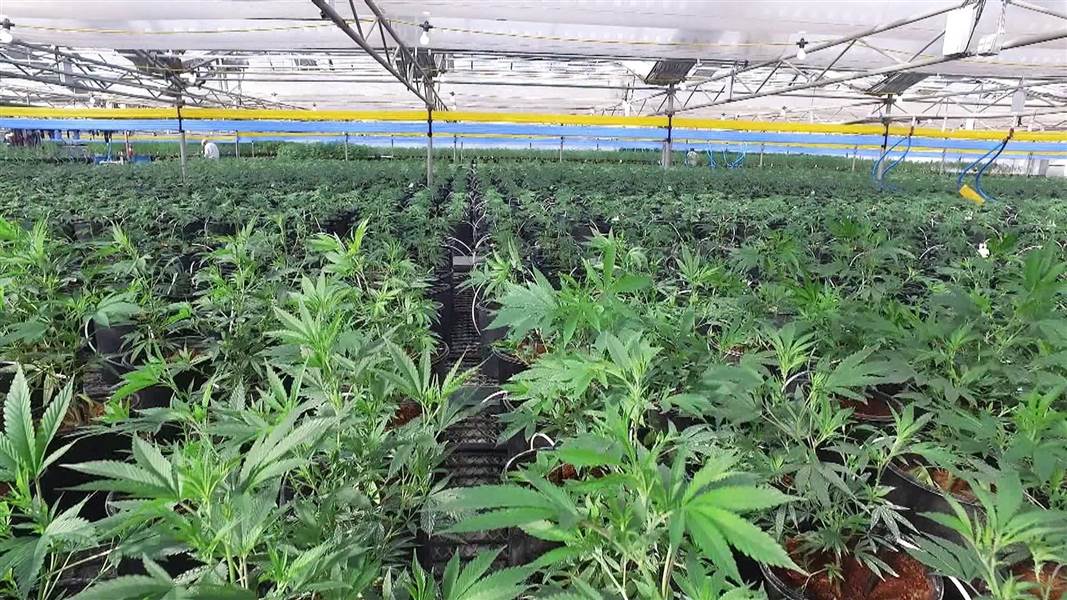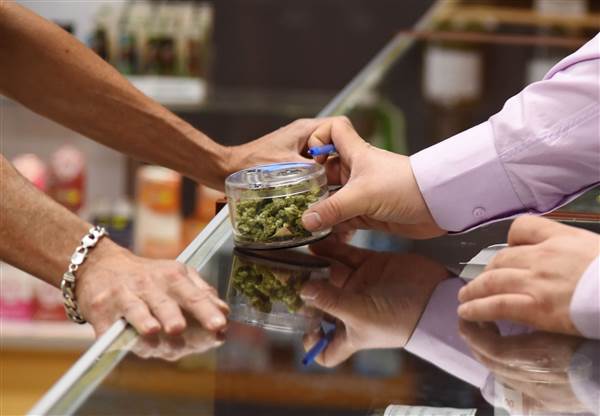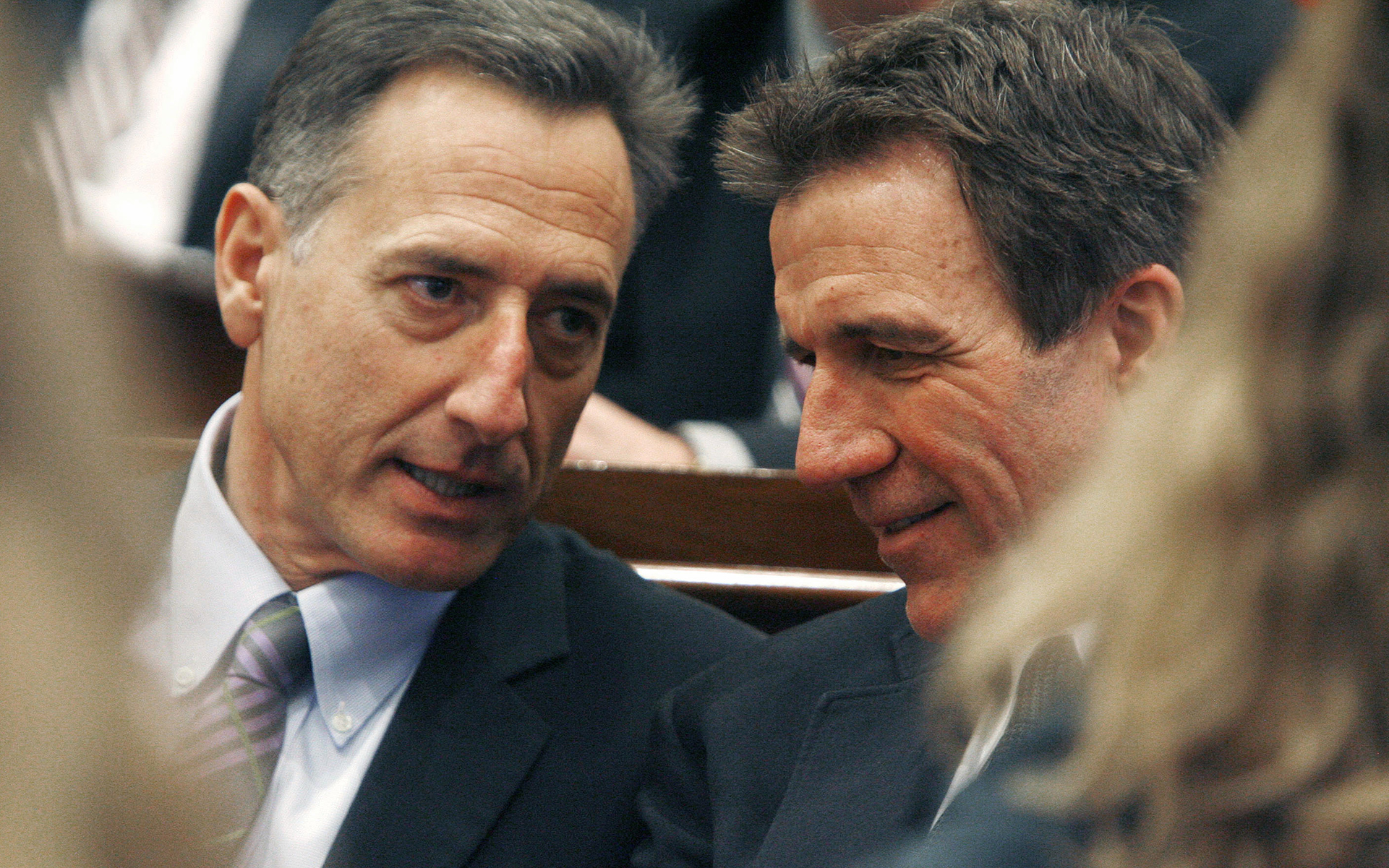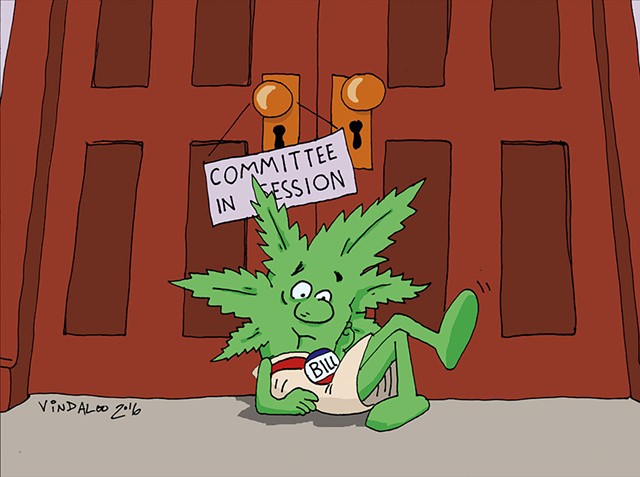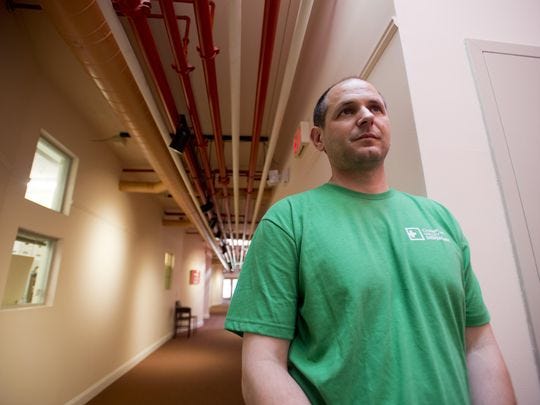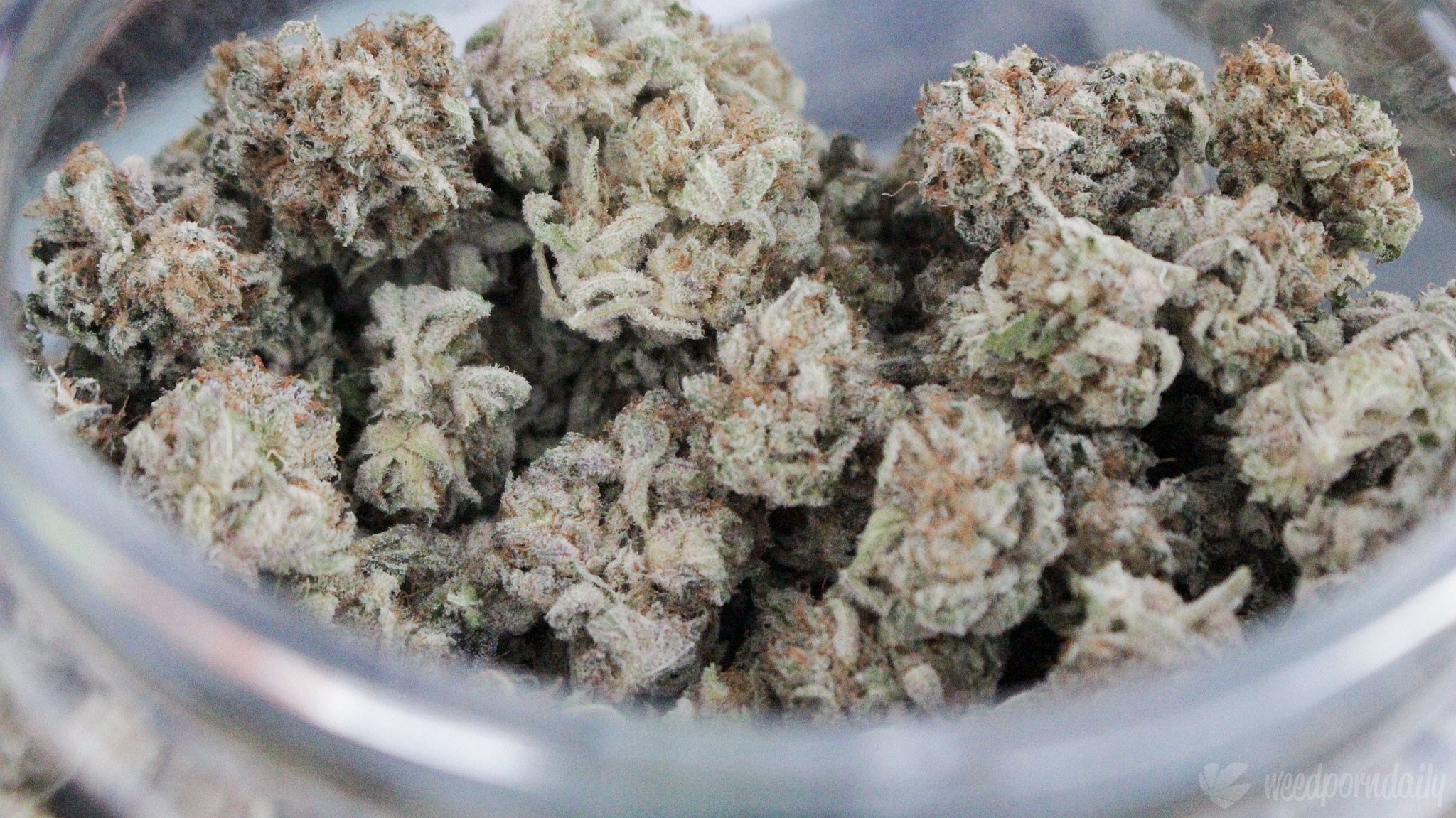Baron23
Well-Known Member
Well, my first thought is that this is the Vermont state government (and its citizens) telling Sessions to fuck off.
My second thought is....didn't we already do this in Vermont? Its deja vu all over again. LOL
Vermont House passes marijuana legalization bill. Senate to vote next week
The measure will return to the Senate for them to vote on Tuesday
By The Associated Press
Lawmakers in the Vermont House passed a proposal that would make the Green Mountain State the latest to legalize the recreational use of marijuana.
House lawmakers spent much of the day Thursday, with a break during Republican Gov. Phil Scott’s State of the State speech, debating a proposal that was passed by the state Senate last June. The debate took place with the backdrop of U.S. Attorney General Jeff Sessions rescinding a policy that paved the way for legalized marijuana to flourish in states across the country.
Throughout the debate in the Statehouse, the full House rejected a series of Republican-proposed changes to the law. The first proposal that was rejected would have delayed implementation of the law a year, until July 1, 2019. Other amendments focused on what the opponents of the underlying proposal said were ways to protect public safety.
But proponents felt those issues were addressed in the existing legislation.
Related stories
On Wednesday, Senate President Pro Tem Tim Ashe, a Democrat and Progressive, said he expected the Senate could vote on the bill Tuesday.
My second thought is....didn't we already do this in Vermont? Its deja vu all over again. LOL
Vermont House passes marijuana legalization bill. Senate to vote next week
The measure will return to the Senate for them to vote on Tuesday
By The Associated Press
Lawmakers in the Vermont House passed a proposal that would make the Green Mountain State the latest to legalize the recreational use of marijuana.
House lawmakers spent much of the day Thursday, with a break during Republican Gov. Phil Scott’s State of the State speech, debating a proposal that was passed by the state Senate last June. The debate took place with the backdrop of U.S. Attorney General Jeff Sessions rescinding a policy that paved the way for legalized marijuana to flourish in states across the country.
Throughout the debate in the Statehouse, the full House rejected a series of Republican-proposed changes to the law. The first proposal that was rejected would have delayed implementation of the law a year, until July 1, 2019. Other amendments focused on what the opponents of the underlying proposal said were ways to protect public safety.
But proponents felt those issues were addressed in the existing legislation.
Related stories
- Vermont lawmakers to take up marijuana legalization again as early as this week
- Vermont medical marijuana patient wins battle over driver’s license
- States consider best ways to legalize recreational marijuana
On Wednesday, Senate President Pro Tem Tim Ashe, a Democrat and Progressive, said he expected the Senate could vote on the bill Tuesday.
